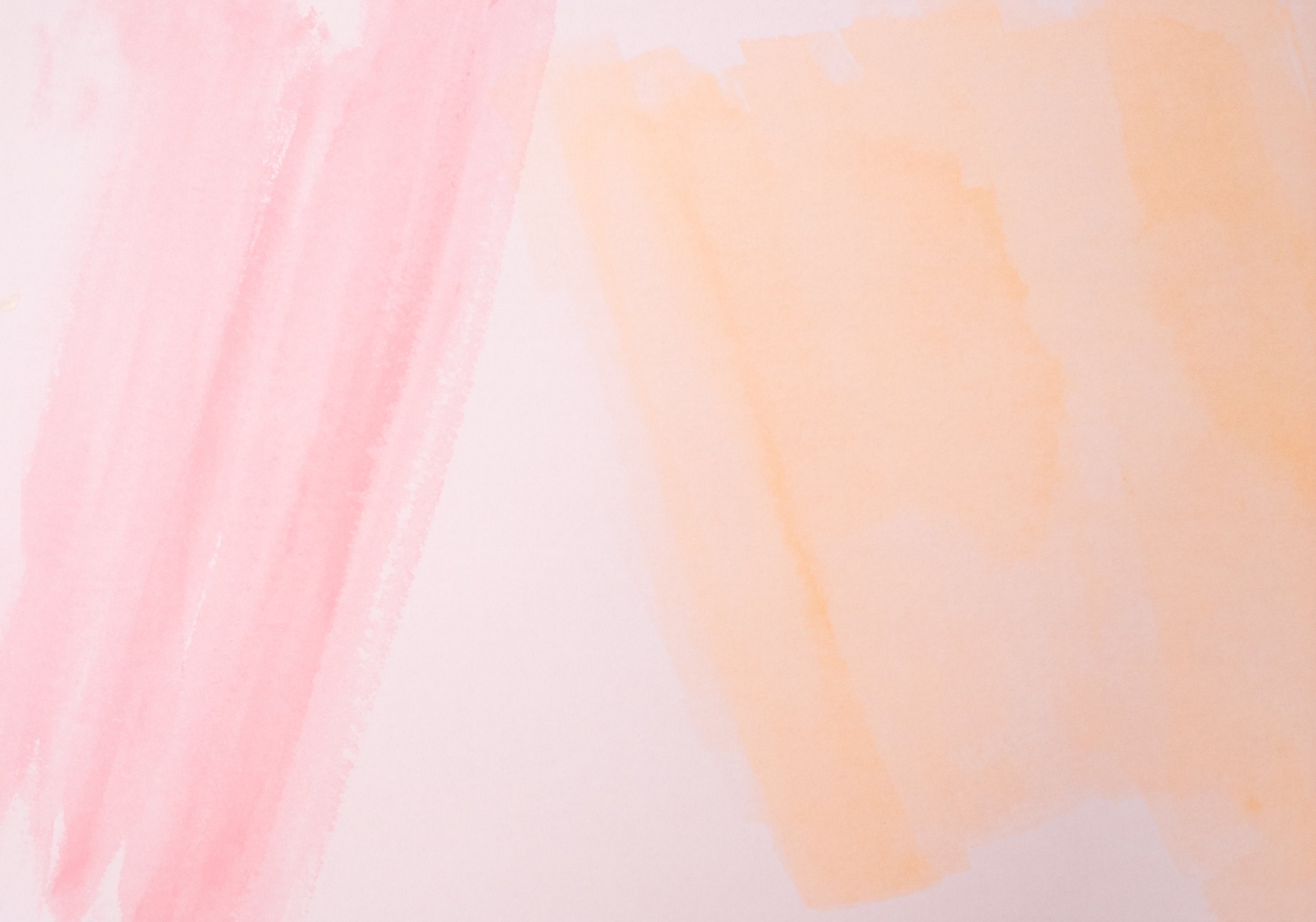
About the European Patent Attorney profession
INTERVIEW
Tine Almeland Knudtzon
Country: Norway
Company size: 50-100
Experience: 5-10 years
Type of work: Private practice
How did you learn about the Patent Attorney profession and what inspired you to become a (European) Patent Attorney?
I started out as a product engineer in the subsea industry and had only a couple of times been involved in discussions related to IP, such as freedom-to-operate and patents. Seeking a career change, I came across a patent attorney job ad that sounded interesting, but I wanted to learn more before applying. Then, while on parental leave, I took a university course that gave an introduction to intellectual property which I really enjoyed. That led me to look for patent attorney roles.
Most people know that Patent Attorneys help clients obtain a patent. However, what other tasks are you responsible for?
I would say that the majority of my work involves patentability assessments, drafting and prosecuting patent applications, and Freedom-to-operate analysis. Other tasks involve more general and strategic IP advice to clients, as well as opposition and appeals.
If you had to split your role into science, law, and business, what is the proportion of each?
It depends a lot on the task at hand if it involves more science, law, or business, but in general I would maybe say 1/3 each.
What does the team structure at your workplace look like?
The patent attorneys are structured in groups depending on our technical background, e.g., mechanical engineering or chemistry, but we very often work in teams across these groups. Our client teams include at least one patent attorney and one attorney at law in addition to dedicated patent administrators. It depends a lot on the client how we build the team and the size of the team. We also have an IP Management consulting group that the other attorneys work closely with.
What does your average workday look like?
I usually start the day with an internal meeting and by checking my inbox and upcoming deadlines so that I can prioritize tasks. I like to focus on one big task every day, like drafting work or a response to an office action. I don’t have too many meetings, so I have a lot of flexibility to organize the day how I want to.
What would a dream workday as a (European) Patent Attorney look like for you?
Since most of my work happens from the desk in my office, I really enjoy it when I get to go and visit a client to see an invention, for example. It also has a big impact on the relationship with the client to meet in person from time to time. It is also fun (and frustrating) when a new or strange situation occurs, so I have to dig into the EPC or other relevant sources to find a solution.
What is the most exciting aspect of being a (European) Patent Attorney for you?
You get to work with and learn about a lot of different technologies. I like the combination of law, science, and business, and also language.
What are your least favourite tasks?
Every job has tasks that are less enjoyable, but as long as they are balanced with more interesting ones, I find most tasks manageable. I don’t think I have one least favorite task, but I enjoy it more when I can switch between different types of work.
Does your job allow you to have time for your hobbies? Do you have any side projects related to patents?
Yes, the job is very flexible and allows me to arrange the workdays as I want. Having young kids, I really appreciate this flexibility.
If you could start your career over, would you change anything?
No, I am glad that I have some industry experience from before, having tried a more traditional engineering job before I started as a patent attorney.
If the Patent Attorney profession suddenly disappeared tomorrow, what else would you do?
Something within product development and innovation, where I can use my creativity and take part in making or building something, and where I can also use my IP knowledge in a strategic perspective.
What advice would you give someone that wants to become a European Patent Attorney?
EQE has given me much more confidence as a patent attorney and it is definitely worth the hard work. Starting to study for the EQE was very overwhelming at first, but once I got an overview of the resources and what each paper was actually about, the study time was actually quite enjoyable. For me, and I think for most candidates, the most challenging part was to find time to study.
What do you think about the future outlook of our profession?
Using AI will obviously change the way we work and how much time we spend on some tasks. I think that with AI and more available software, the role of patent attorneys will be more focused on IP strategy and business, and I think, for example, patent application drafting and searches will be more efficient.

